Alphabet Worksheets for Ages 6-9 - Page 3
294 filtered results
-
From - To
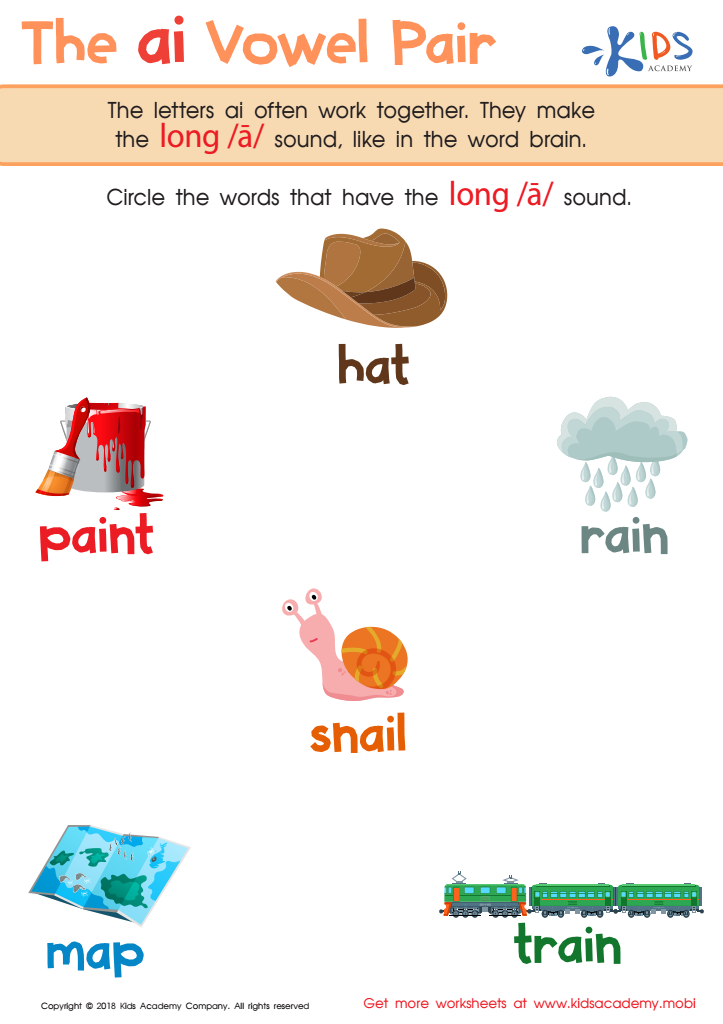

The AI Vowel Pair Worksheet
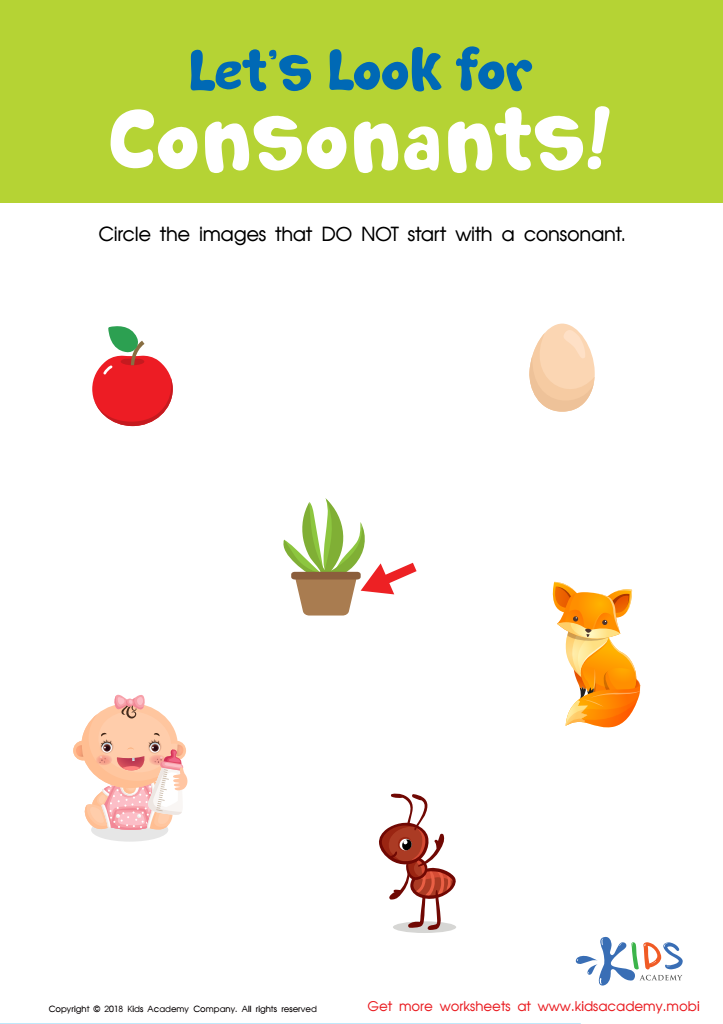

Let's Look for Consonants Worksheet
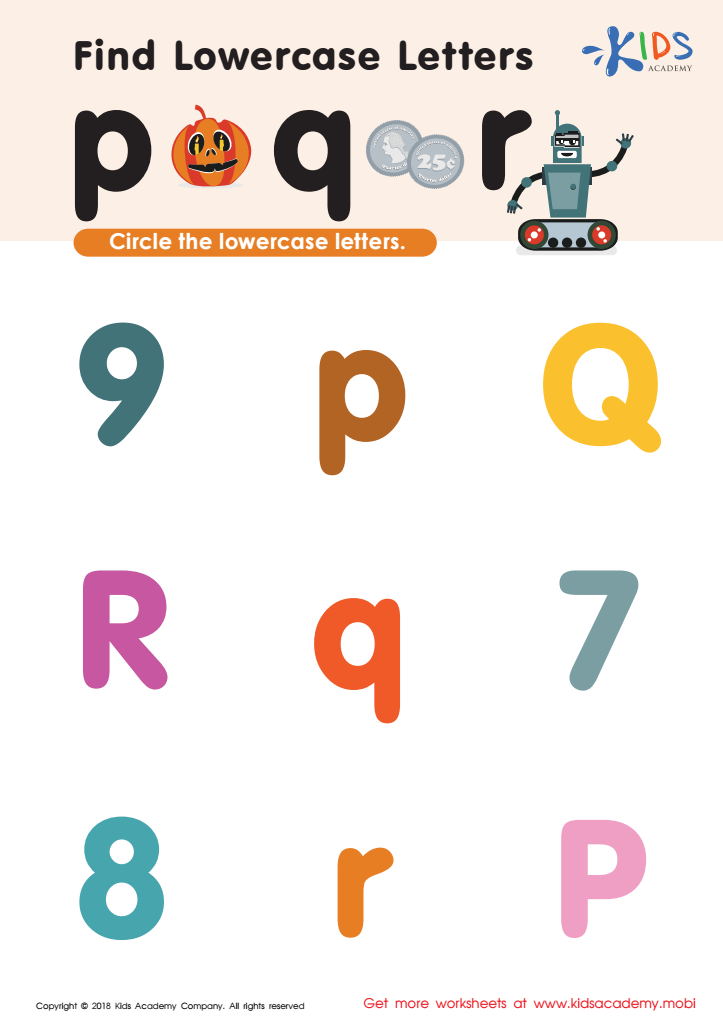

Find lowercase Letters p q r Worksheet
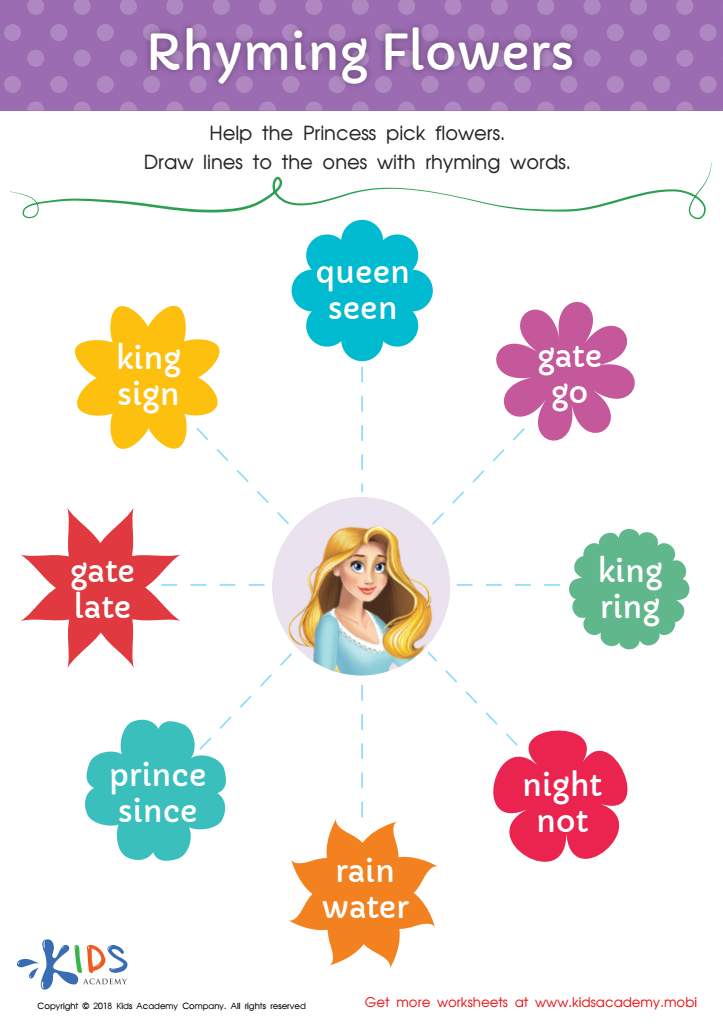

Rhyming Flowers Worksheet
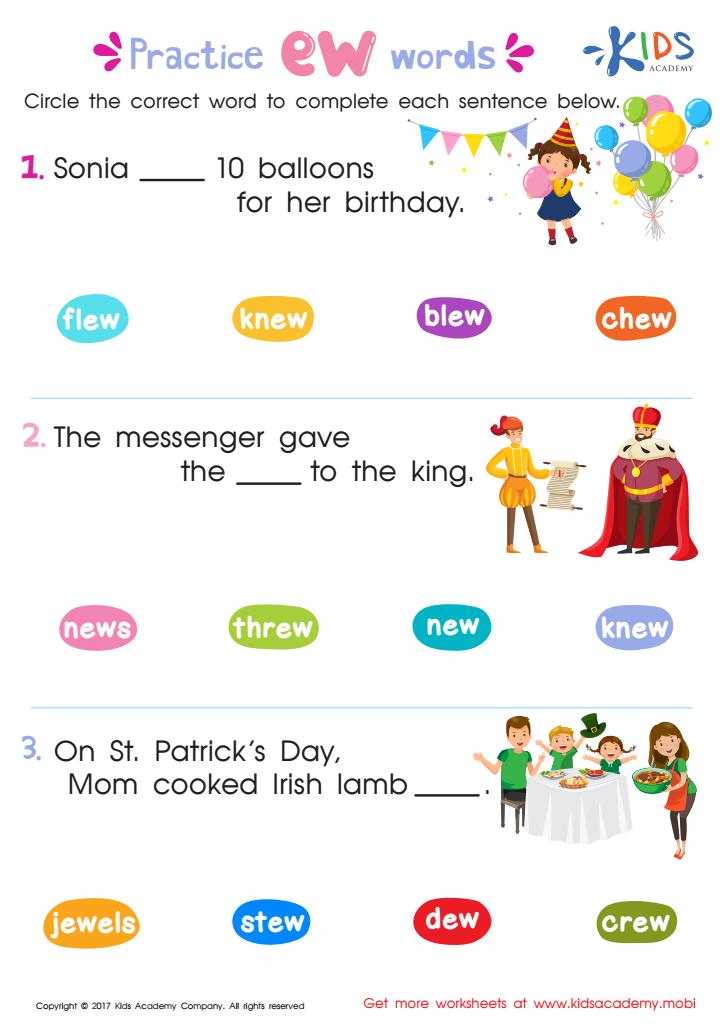

EW Words Worksheet
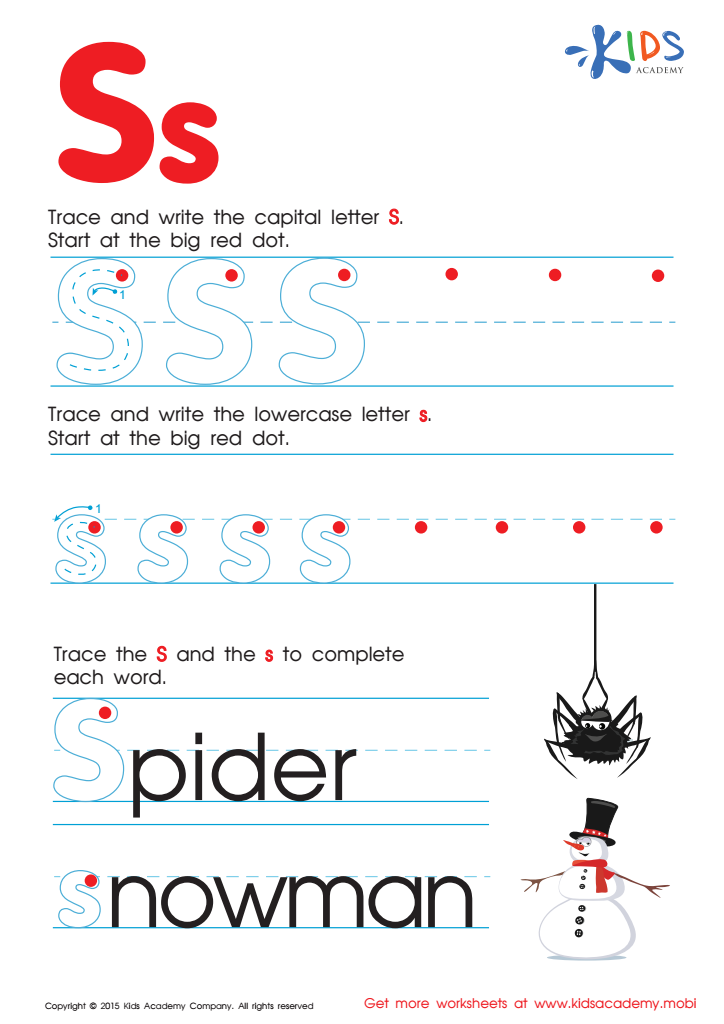

Letter S Tracing Page
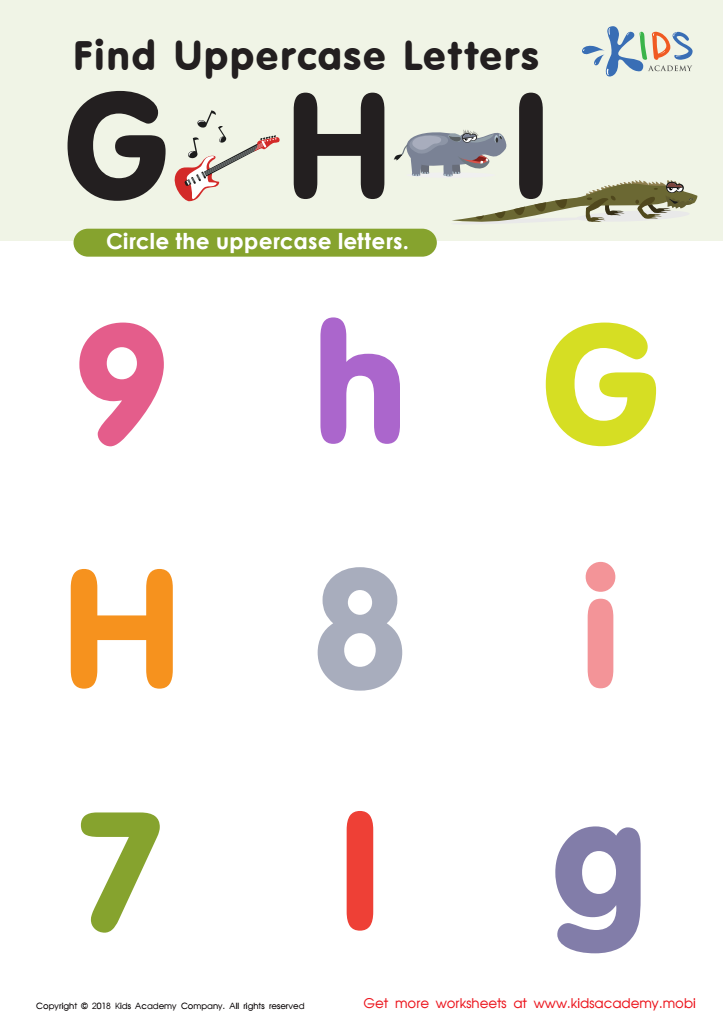

Find Uppercase Letters G, H, and I Worksheet
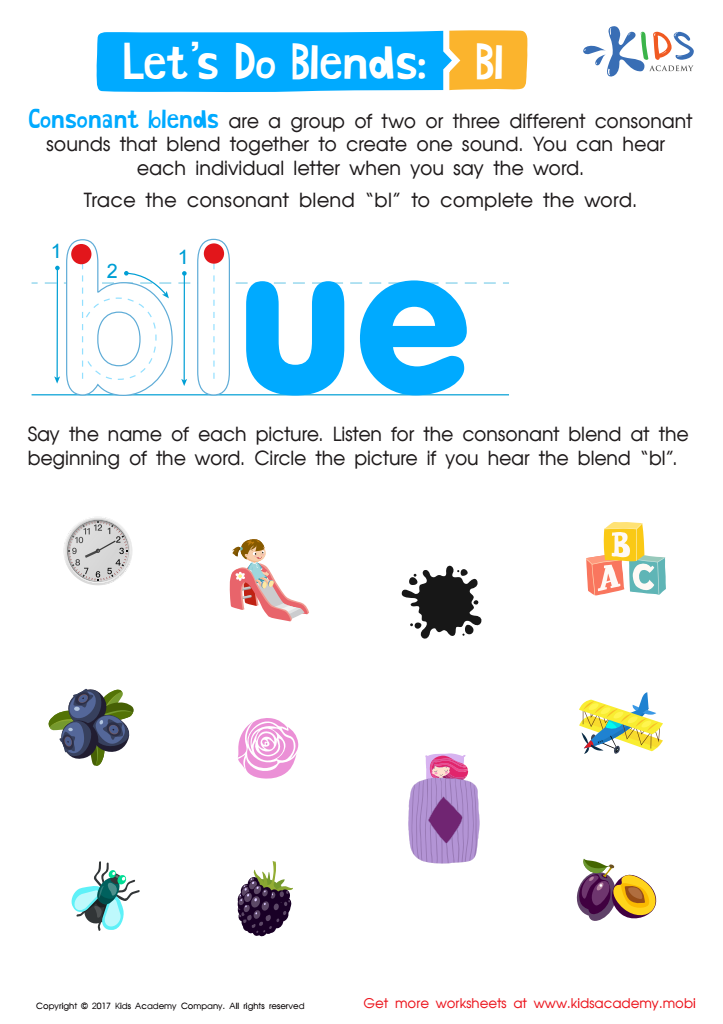

Beginning Blends: "Bl" Words Worksheet
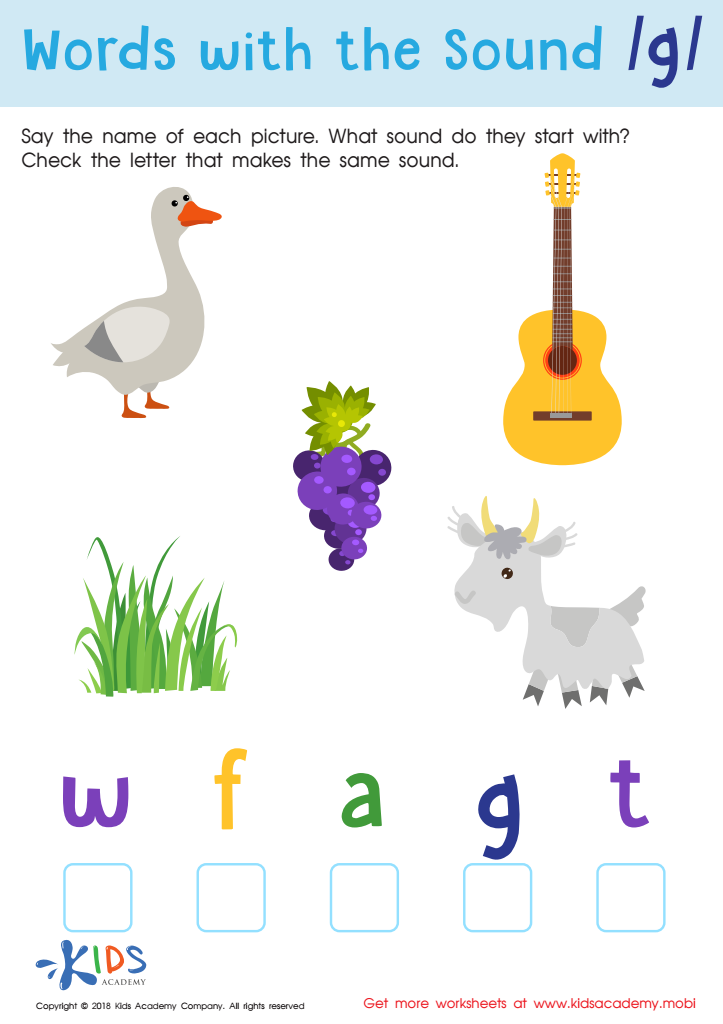

Words with sound g Reading Worksheet
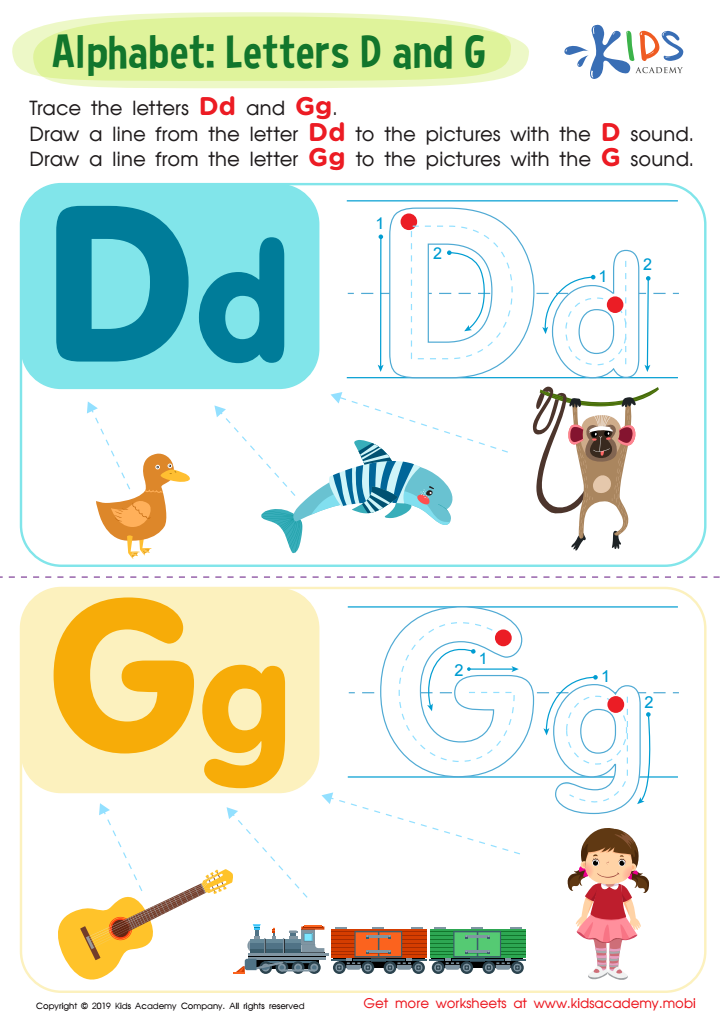

Letter D and G Tracing Worksheet
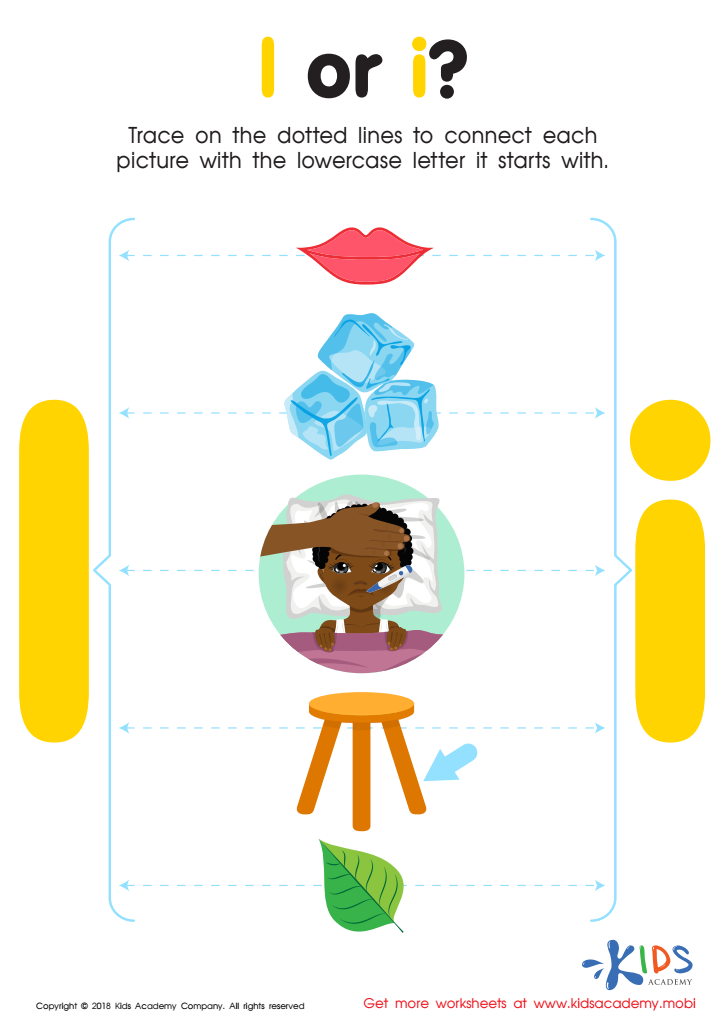

l or i? Worksheet
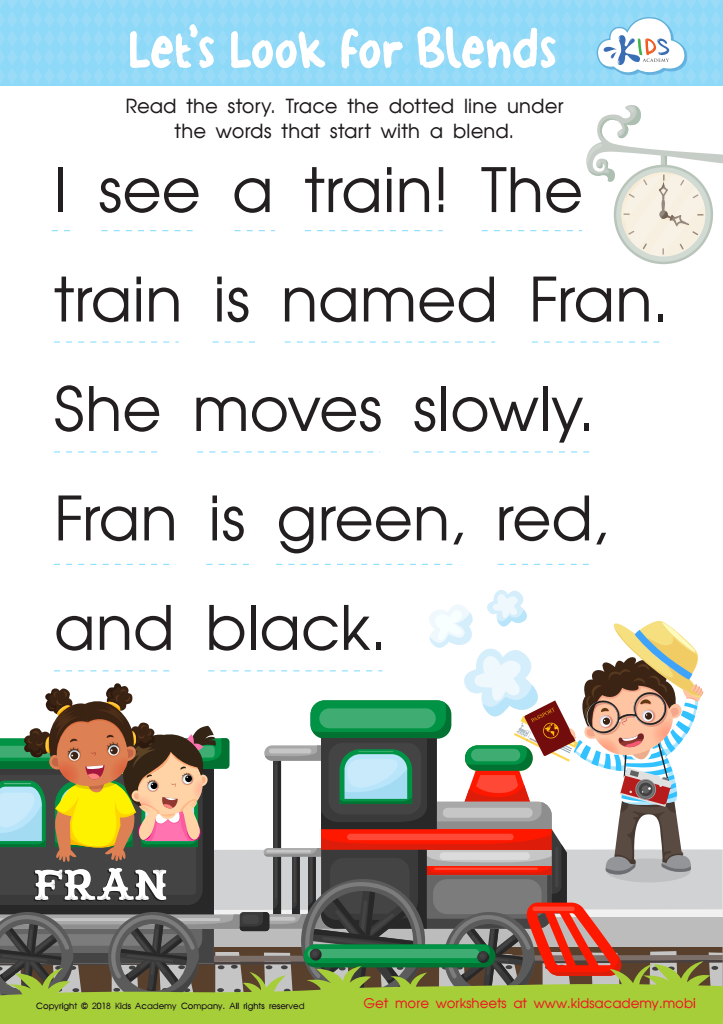

Let's Look for Blends Worksheet
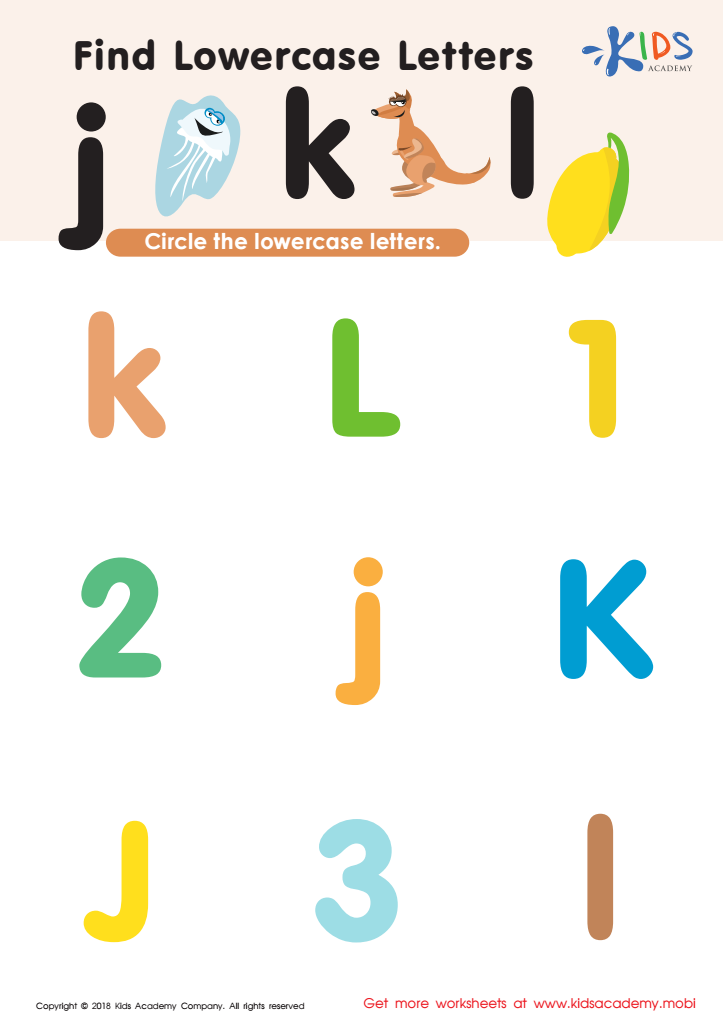

Find Lowercase Letters j k l Worksheet
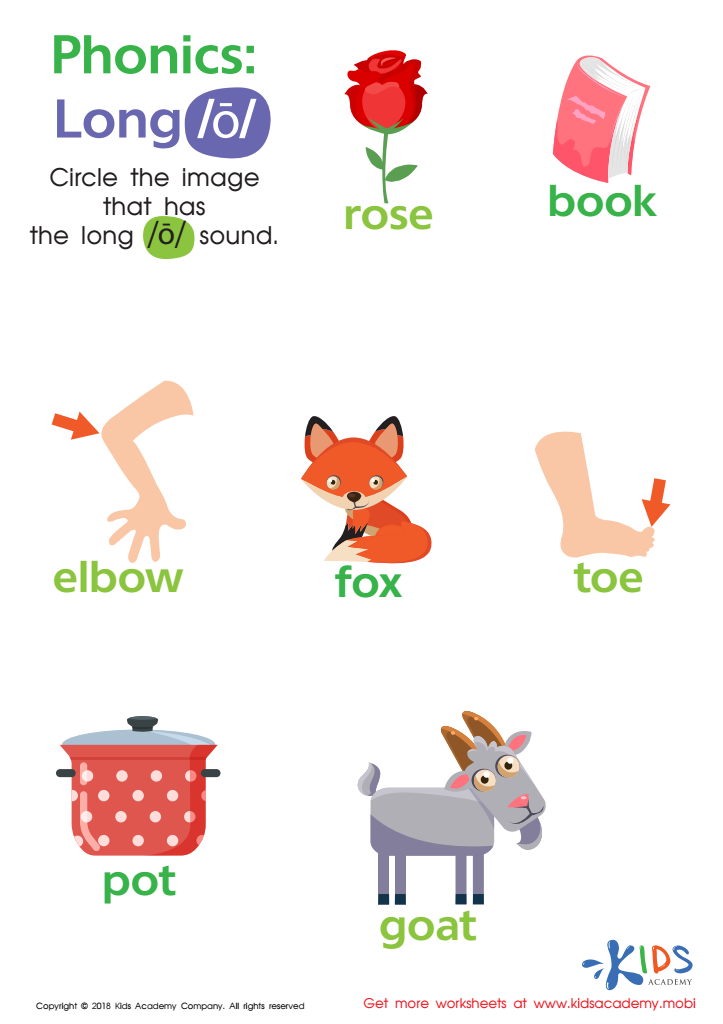

Phonics Long O Reading Worksheet
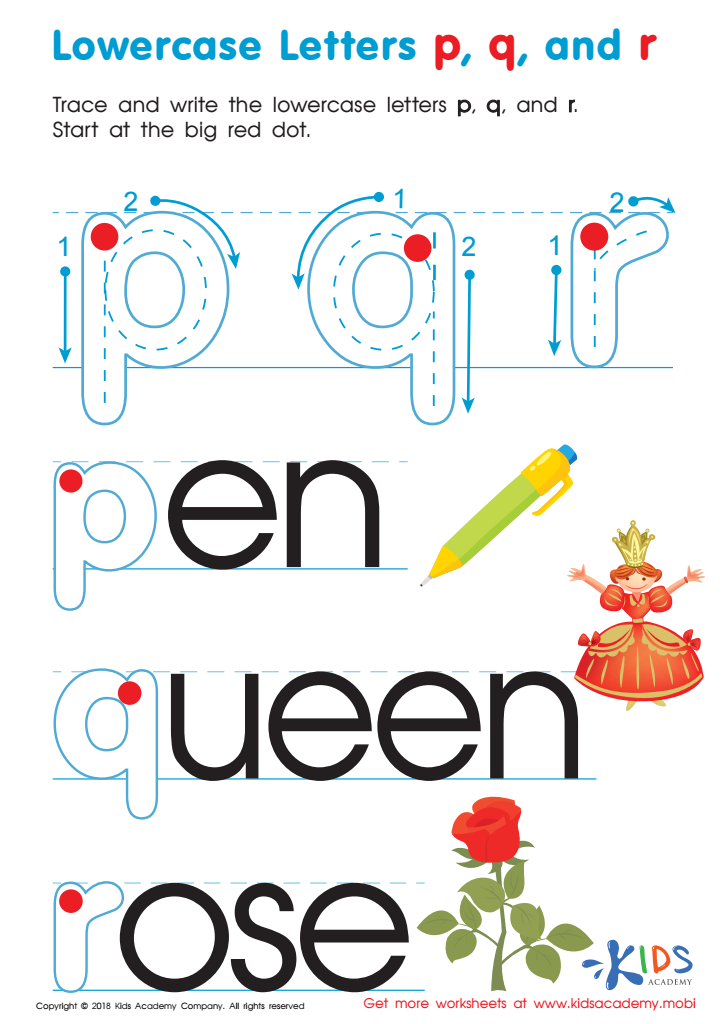

Lowercase Letters p q r Worksheet
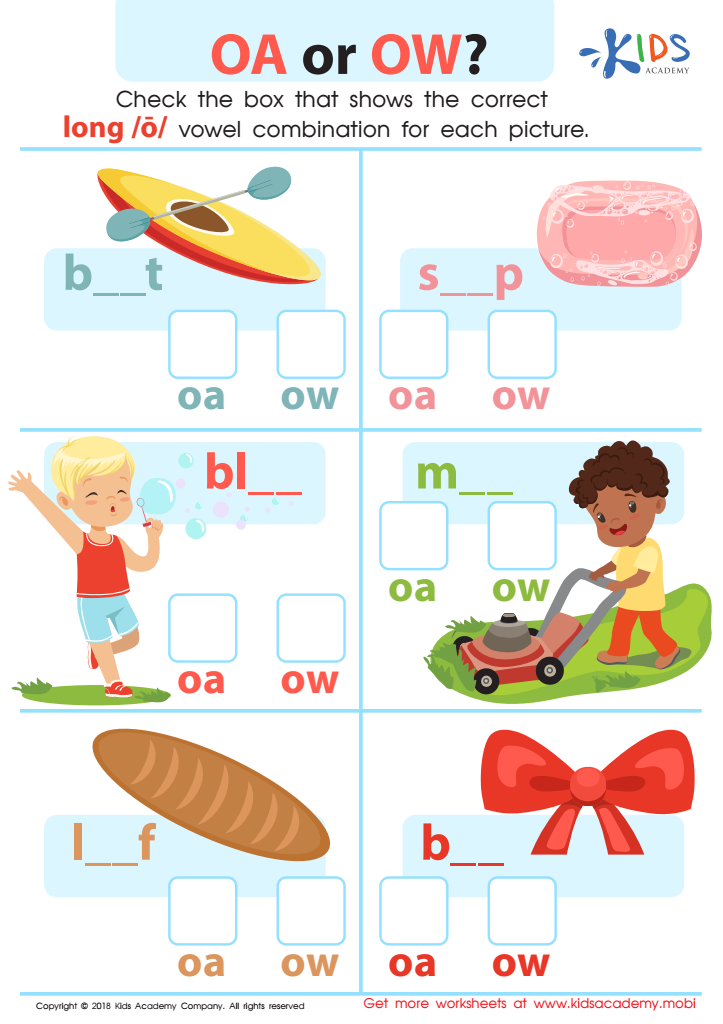

Reading: OA or OW Worksheet
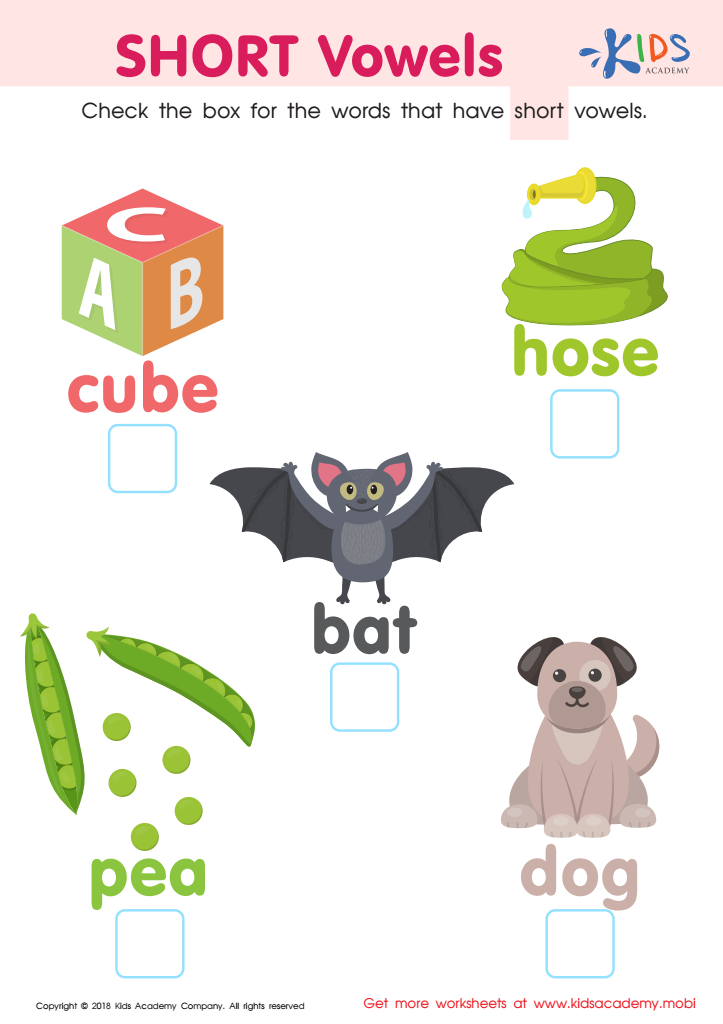

short vowels Worksheet
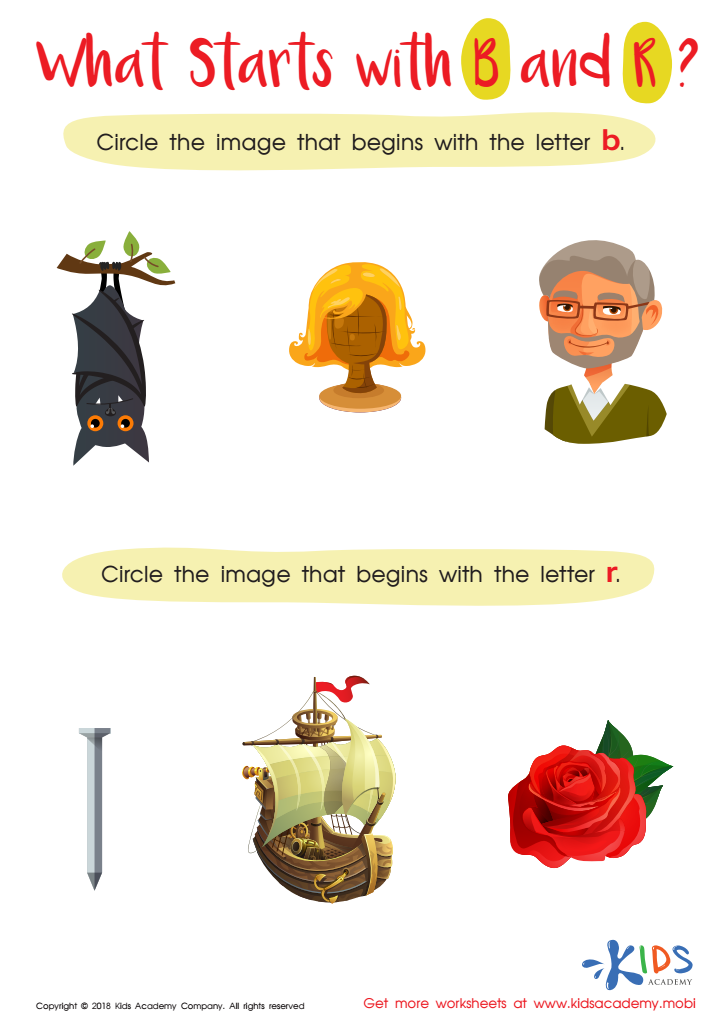

What Starts with B and R? Worksheet
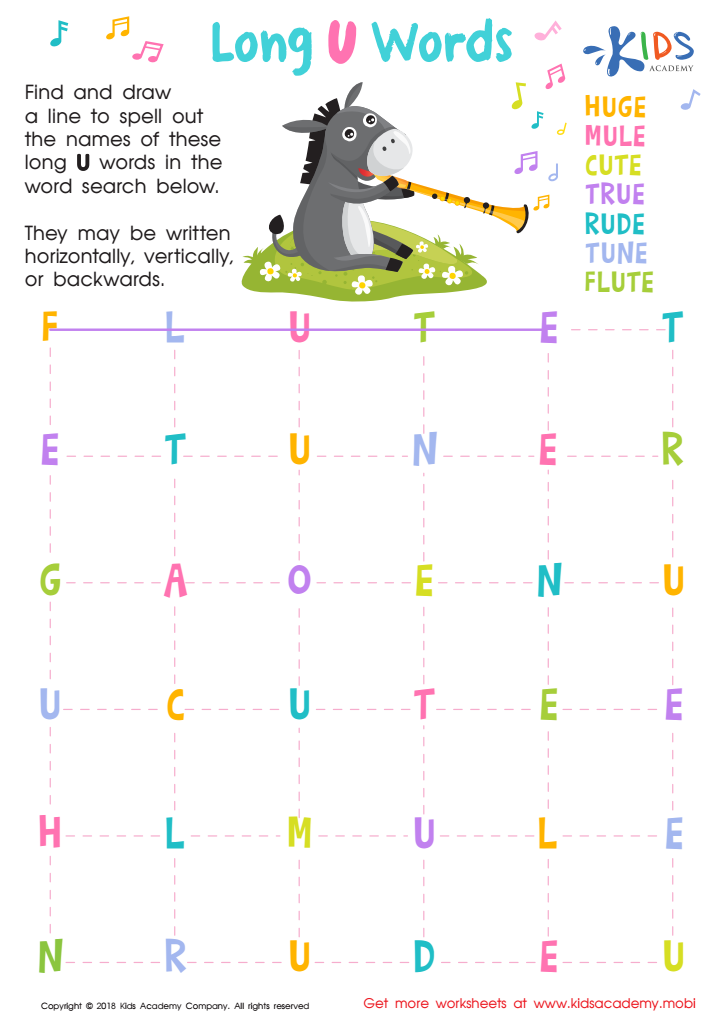

Long /u/ Words Worksheet
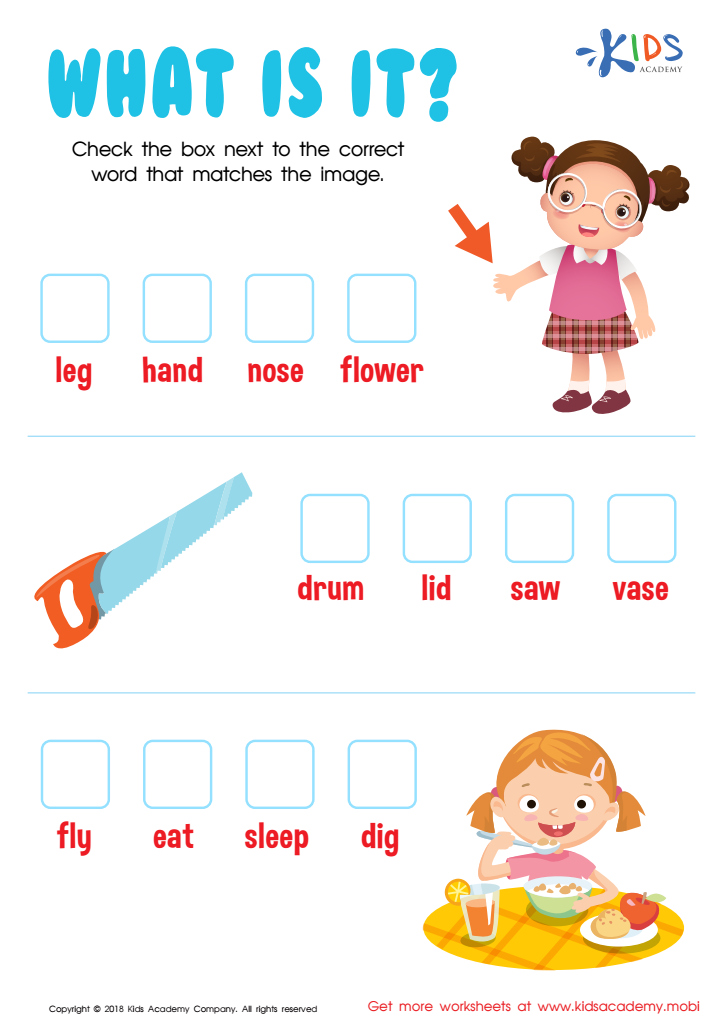

What Is It? Worksheet
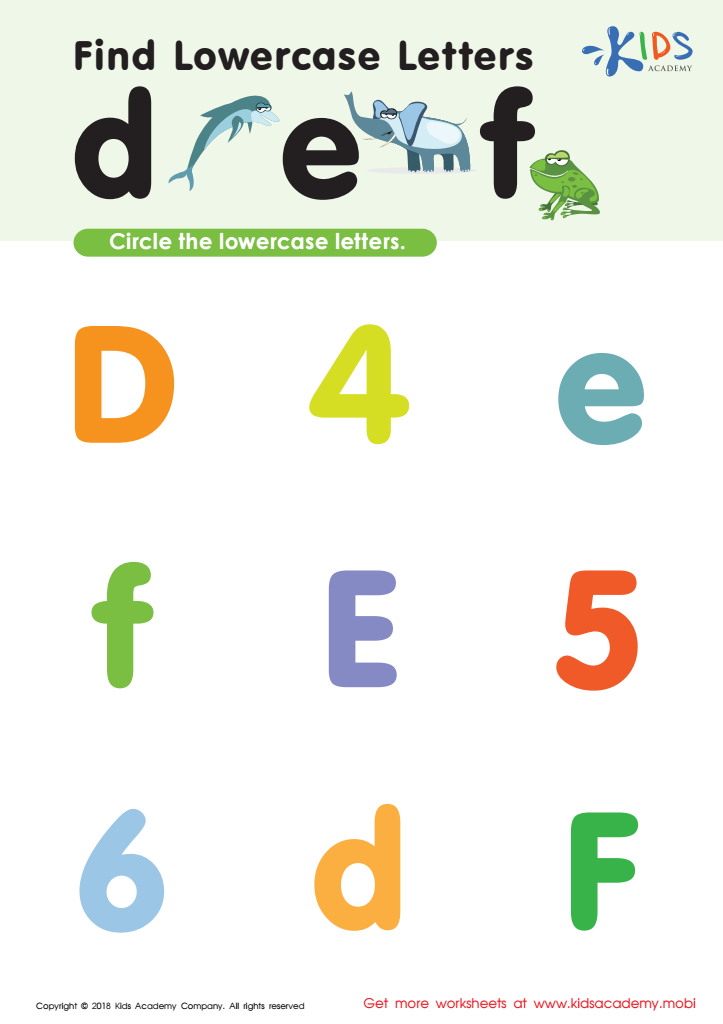

Find Lowercase Letters d e f Worksheet
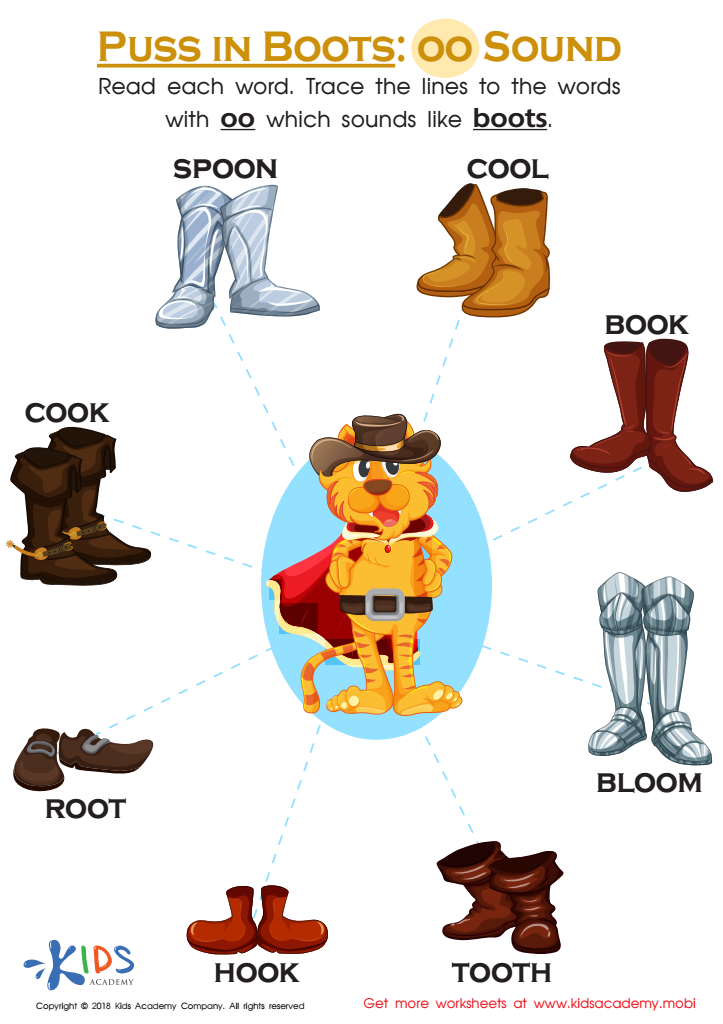

Puss in Boots: OO Sound Worksheet
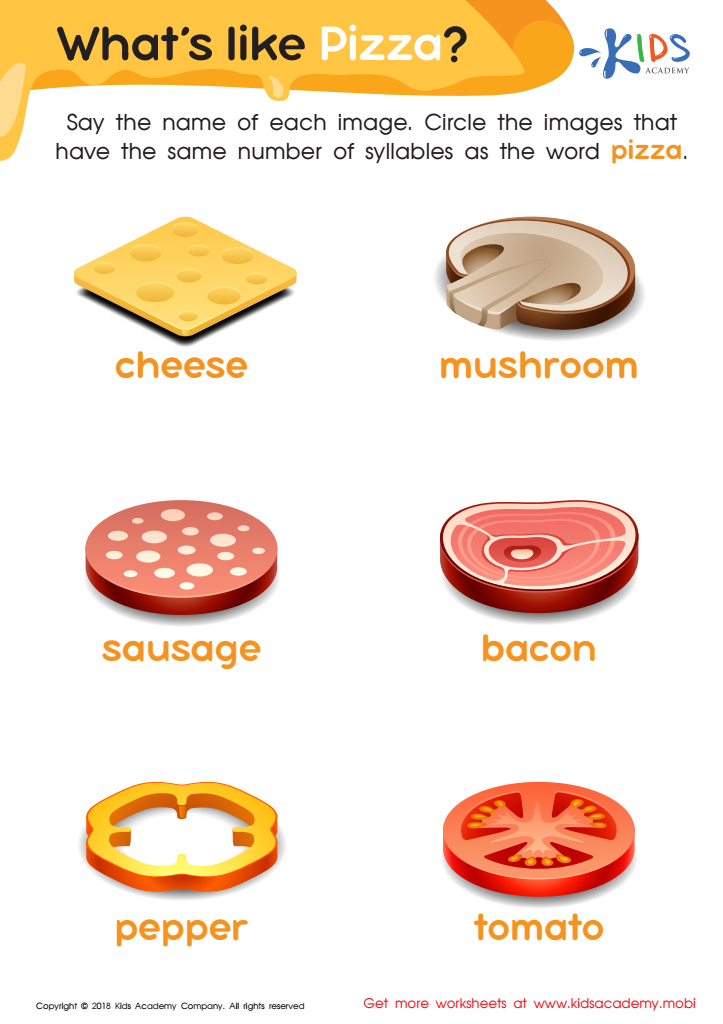

What's Like Pizza? Worksheet
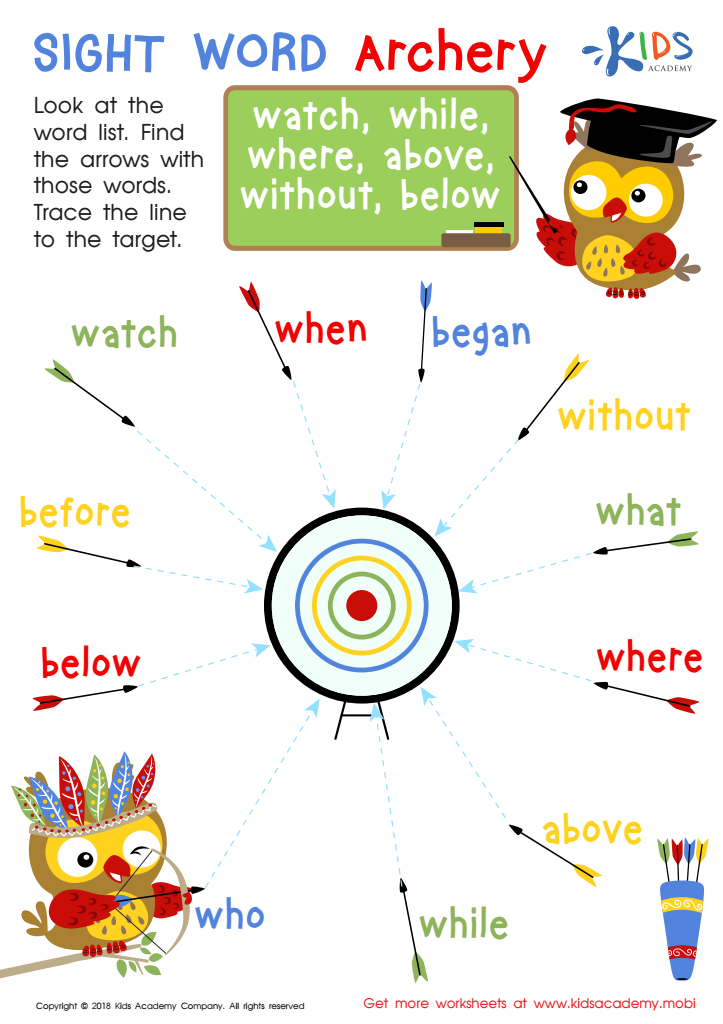

Sight Word Archery Worksheet
Understanding the alphabet is foundational for children aged 6-9 as they transition from learning to read to reading to learn. This crucial stage forms the basis for literacy skills that will impact their academic and social development. At this age, children are refining their phonemic awareness, spelling, vocabulary, and comprehension abilities. Mastery of the alphabet supports these skills and aids in their overall communication.
Moreover, many elementary school subjects incorporate reading to grasp concepts, whether in math word problems or science texts. If students are not confident in their understanding of the alphabet, they may struggle with these subjects, leading to frustration and decreased motivation.
Nurturing letter recognition and phonetic skills also promotes a love for reading and writing. Engaging parents and teachers in fun literacy activities—such as games, storytelling, and alphabet crafts—can foster curiosity and enthusiasm for language. Additionally, early emphasis on the alphabet can help to identify any learning challenges, promoting timely interventions and support.
In essence, reinforcing alphabet knowledge in ages 6-9 lays a solid foundation for lifelong learning, social interaction, and self-expression, thereby enriching children’s educational journeys and overall well-being. Parents and teachers play a vital role in this formative phase.
 Assign to My Students
Assign to My Students





















